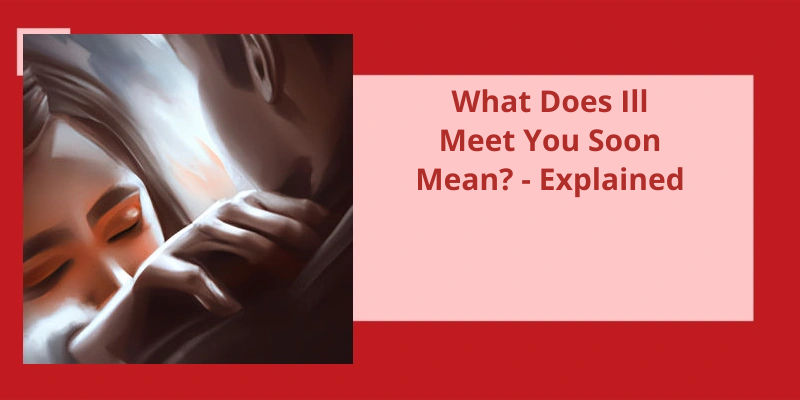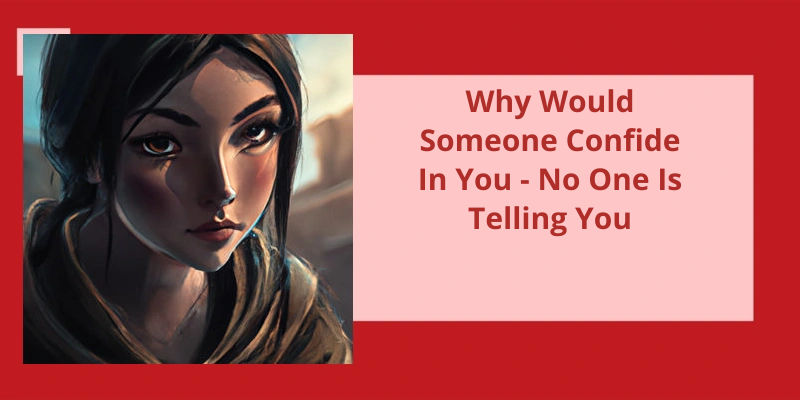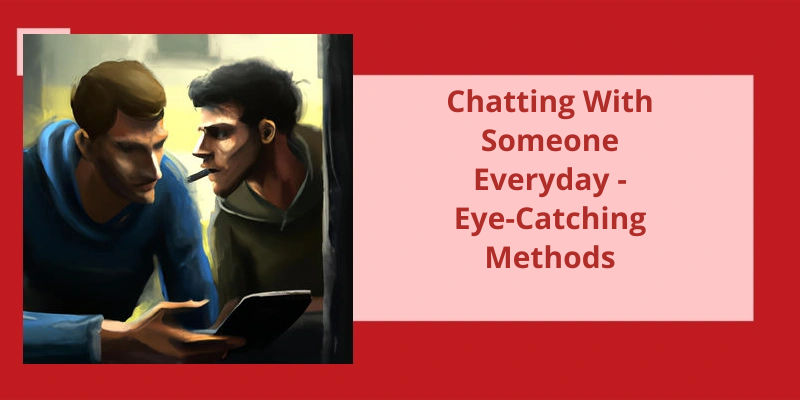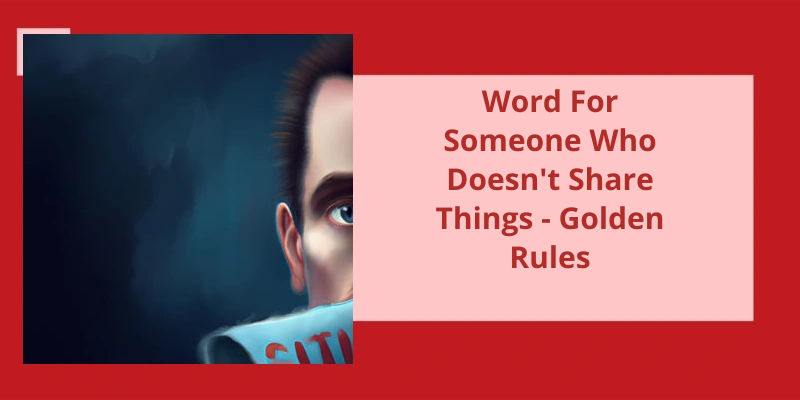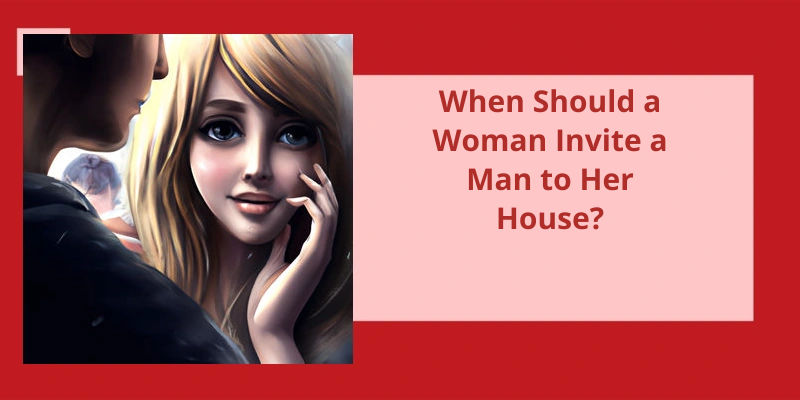"Ill meet you soon" is a phrase that carries with it a sense of anticipation, connection, and perhaps even a little bit of anxiety. It’s often used in situations where two people are looking forward to seeing each other, whether it be for a casual catch-up or a more formal meeting. The exact meaning of the phrase will depend on the context in which it’s used, but it typically conveys a sense of excitement and a desire to make plans for a future encounter.
How Long Does See You Soon Mean?
). It can be seen as a casual way of saying goodbye or a promise to meet again in the near future. However, the specific timeframe of “soon” can vary depending on the context.
For example, if you’re saying “see you soon” to a friend you’re planning to meet up with later that day, it would mean that you’d see each other within a few hours.
Overall, the meaning of “see you soon” is subjective and can be interpreted differently based on the nature of the relationship and the context of the situation. It’s essentially a promise to meet again, but the timeline of that meeting could vary considerably.
If said in a cheerful and enthusiastic voice, it can imply a genuine sense of excitement and anticipation for the upcoming reunion. However, if said in a more muted or formal tone, it can come across as simply a polite gesture without a strong emotional connotation.
It’s a way of acknowledging the importance of the relationship and affirming the desire to continue interacting and spending time together.
It’s often used as a casual and friendly way of saying goodbye or expressing a desire to continue interacting with someone. Ultimately, it’s meaning is determined by the speaker and their intentions in using the phrase.
Now that we’ve covered different ways to express anticipation for meeting someone, it’s important to note that some common phrases can come across as insincere or cliché. One such phrase is “Hope you’re well”, which has been used so frequently that it can sometimes feel impersonal or robotic. That’s why it’s good to have alternative ways to express genuine excitement for meeting someone and make a strong impression.
How Do You Say I’m Looking Forward to Meet You?
When it comes to expressing ones eagerness to meet a new person, there are a few phrases that come to mind. Each of these has it’s unique way of conveying excitement and anticipation while remaining polite. One such phrase is “Im looking forward to meeting you.”. This simple sentence gets the message across without being too forward or impolite. It’s a great way to show someone that you’re genuinely excited to make their acquaintance and get to know them better.
This phrase is a bit more casual and informal, which may make it a better choice for meeting someone in a more relaxed setting. It’s also a great way to convey a sense of urgency and excitement. It’s essential to use the right tone when saying this phrase to ensure that the other person understands the level of excitement that you feel.
For those who want to express enthusiasm while still remaining professional, “Im excited to meet you” might be the best option. This phrase works well in business settings, where it’s essential to maintain a level of professionalism while still showing excitement for potential working relationships. Using this phrase is a great way to let someone know that you’re eager to work with them and learn more about their business.
This phrase is simple, straightforward, and gets the message across without being too dramatic or over the top.
On the other hand, the phrase “hope youre well” is an overused phrase that can be misinterpreted as insincere or lacking genuine interest. Even if the person is well, there’s never a guarantee that they’ll remain so, and the phrase can come off as dismissive. As an alternative, it might be better to ask the person how they’re doing or referencing something that the person recently did, express your interest in whats going on in their life, and show your enthusiasm for the future meeting.
There are plenty of ways to express excitement about meeting someone, whether in a personal or professional context. Each phrase has it’s strengths and weaknesses, and it’s essential to choose one that works best for the situation. Ultimately, the key is to show genuine interest and grab the other persons attention, setting the stage for a positive, fruitful meeting.
Source: What phrases are similar to ‘I look forward to meeting you’?
When it comes to expressing anticipation for a future meeting, it’s important to use proper grammar and wording. In cases where there may be some confusion, it can be helpful to refer to a trusted source for guidance. Let’s take a closer look at some common phrases used when making plans to meet someone soon.
How Do You Say I Will Meet You Soon?
When it comes to expressing feelings of anticipation and excitement about seeing someone in the near future, there are several ways to go about it. One common phrase is “I look forward to seeing you soon.”. This communicates a sense of eagerness to see the other person and implies that the encounter is expected to take place within a relatively short timeframe. This phrasing is appropriate for both formal and informal contexts and likely to be well-received by the recipient.
This phrasing is more casual than the previous one and may be better suited for informal settings or personal conversations. It conveys a sense of optimism and enthusiasm that can help build excitement and anticipation for the upcoming meeting.
If one wishes to use a different construction, “I look forward to meet you” or “I look forward to meeting you soon” are other options. While these phrases have the same basic meaning as the others, they may seem less natural to native English speakers. The addition of “to” before “meet” may be perceived as awkward or unnecessary, and “meeting” is typically used as a verb rather than a noun.
In any case, the key to expressing excitement and anticipation is to use language that’s positive, polite, and appropriate for the context. Avoiding overly familiar expressions or slang is generally a good idea, particularly when speaking with people in formal or professional situations. Instead, focus on conveying a sense of genuine enthusiasm and interest in the upcoming meeting, which will help build anticipation and create a positive impression on the other person.
Whatever phrasing you choose, be sure to keep the tone positive and appropriate for the context to build excitement and maintain a positive impression with the other person.
Tips for Expressing Anticipation and Excitement in Written Communication (e.g. Emails, Texts)
- Use exclamation points to convey excitement!
- Include enthusiastic language such as “I can’t wait!” or “I’m so excited!”
- Emphasize key words with bold or italicized text
- Use emoticons such as smiley faces or emojis to convey emotions
- Offer specific details about what you’re looking forward to
- Consider using all caps or capitalizing important words to add emphasis
Now that we know what “I’ll see you then” means, let’s explore some of the nuances and ways this phrase is used in everyday conversation. From casual meet-ups with friends to important business meetings, the phrase “see you then” is a versatile and commonly used expression that conveys a sense of anticipation and excitement for the future encounter. So, let’s dive in and discover more about the many ways this expression can be used!
What Does I’ll See You Then Mean?
“Ill see you then” is a common phrase used in social interactions to signify a future meeting. The phrase can be used in any context, whether it’s professional or casual. Through it’s usage, the phrase implies a subsequent encounter at a specific time and place, as recognized by the parties involved. It’s a polite way of expressing a shared anticipation of a future meeting.
The phrase can be interpreted in the context of different situations, such as making an appointment, business meeting, casual encounter, or a hangout with friends. Regardless of the situation, the phrase always refers to a future meeting. The tone and enthusiasm with which the phrase is spoken may also indicate the level of anticipation towards the meeting.
It often implies that the person using the phrase expects to see the other person soon again and is excited about that prospect.
If someone uses it to confirm an appointment, it indicates an understanding that each party recognizes the importance of keeping up with their commitments. It’s an excellent way to express professionalism and respect for anothers time.
In such scenarios, it’s more of a message of reassurance signifying that both individuals are still on the same page and working towards their goals together.
It communicates an expectation, shared between parties, of a future encounter. Whether in a personal or professional context, the phrase reflects positivity, enthusiasm, and mutual respect for each others time.
In conclusion, the appropriate use of “see you soon” in different contexts largely depends on the level of familiarity between the sender and the recipient. While it’s generally acceptable in friendly or casual communication, it may not be recommended in formal or professional settings. It’s important to consider the tone and nature of the message to avoid any misunderstandings or misinterpretations.
Is It Okay to Say See You Soon?
Language, whether spoken or written, plays an essential role in human communication. The choice of words and phrases used can convey different meanings and emotions, depending on the context, relationship, and purpose of the conversation. In social settings where the atmosphere is relaxed and informal, saying see you soon is generally acceptable and even expected. This phrase is often used to express a sentiment of familiarity and anticipation for a future meeting.
However, in certain professional or formal settings, such as in business or academic contexts, the phrase see you soon can be perceived as inappropriate or unprofessional. The choice of words used should reflect the tone of the communication and the level of respect and formality required. Email communication, in particular, requires careful consideration of language use as emails, within and outside of the company, are usually recorded and can be accessed by a wide range of people.
While emails may seem like a mundane form of communication, they can play a vital role in establishing and maintaining relationships, particularly in business. Therefore, the appropriate use of language in emails is critical, as it can set the tone for how the recipient perceives you and your organization. The casual phrase see you soon may not be suitable for formal relationships where more professional language is expected.
In summary, the appropriateness of the phrase see you soon depends on the relationship level and the context of the conversation. In social settings, it’s perfectly fine to use, and it can also serve to create a more relaxed atmosphere within a work setting. However, in a professional setting, it can come across as unprofessional or overly casual. It’s important to always take time to evaluate the situation and consider your choice of words before sending an email or engaging in conversation.
Conclusion
Generally, it suggests that two people have made plans to see each other in the near future. However, the use of the word "ill" instead of "I'll" can imply a sense of foreboding or illness, adding a sense of uncertainty to the meeting. Ultimately, the true meaning of the phrase can only be determined by considering the context and the tone in which it’s used. It’s important to remember that language is complex and nuanced, and it’s crucial to understand the subtleties and connotations that can arise from even the smallest variations in word choice.

